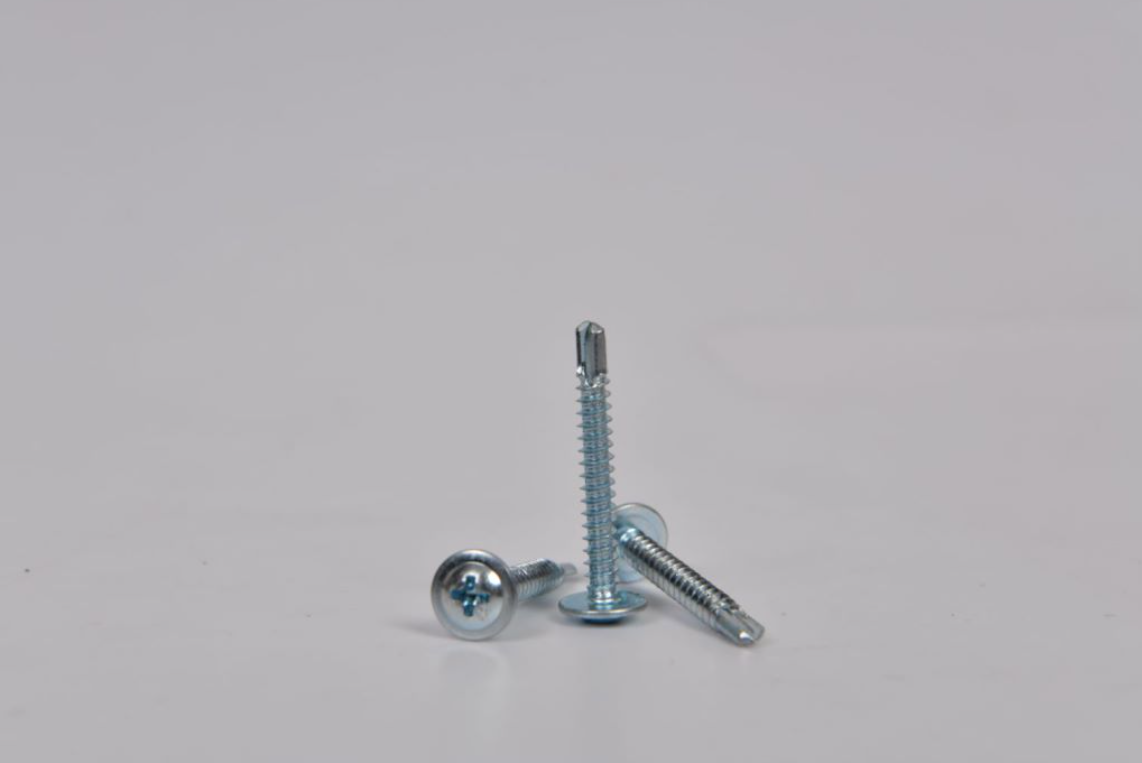custom wood screw vs drywall screw
Custom Wood Screws vs. Drywall Screws A Comprehensive Comparison
When it comes to construction and woodworking, selecting the right type of screw is crucial for achieving optimal results. Two commonly used screws are custom wood screws and drywall screws. While both serve specific purposes, they are designed for different applications and offer distinct advantages and disadvantages. This article will explore the key differences between custom wood screws and drywall screws, helping you make an informed choice for your next project.
Understanding the Basics
Custom Wood Screws As the name implies, custom wood screws are engineered specifically for use in wood. These screws come in various sizes, shapes, and coatings, allowing for enhanced performance based on the type of wood and the project requirements. Custom wood screws often feature a larger, sharper thread that allows them to grip wood effectively, ensuring a strong and stable hold.
Drywall Screws Conversely, drywall screws are primarily designed for fastening drywall sheets to wooden or metal studs. Typically longer and thinner than wood screws, drywall screws have a sharp point and a bugle-shaped head to reduce tearing of the drywall. While they are excellent for fastening drywall, drywall screws may not be suitable for heavier applications involving dense materials or structural integrity.
Key Differences
1. Material and Coating Custom wood screws are usually made from high-quality steel and may come with various coatings (like zinc plating) to resist corrosion. This is essential for outdoor or high-moisture environments. Drywall screws, while also made of steel, typically have a black phosphate coating to prevent rust but may not be as durable as their wood counterparts in exposed settings.
custom wood screw vs drywall screw

2. Thread Design The thread design is a crucial difference between the two. Custom wood screws feature a coarse thread suited for gripping wood fibers tightly, which prevents loosening over time. Drywall screws, on the other hand, have finer threads that enable them to penetrate drywall easily but may not provide the same level of hold in wood.
3. Head Style The head style varies between the two screws. Custom wood screws often have flat or round heads, allowing for countersinking. In contrast, drywall screws have a bugle head that provides a larger surface area to hold drywall in place without tearing, making them ideal for that specific application.
4. Strength and Load Capacity When considering strength, custom wood screws generally offer a higher load capacity compared to drywall screws. This means that for projects requiring structural integrity, such as furniture assembly or framing, custom wood screws are the superior choice.
Conclusion
Choosing between custom wood screws and drywall screws ultimately depends on the specific requirements of your project. If you are working with wood and need a strong, secure hold, custom wood screws are the way to go. They provide greater durability, better grip, and the ability to withstand heavier loads. Conversely, if your task involves installing drywall, drywall screws are specialized for that purpose, ensuring a smooth and efficient installation.
In summary, understanding the differences between custom wood screws and drywall screws is essential for any builder or DIY enthusiast. Make the right choice based on the materials you are working with and the demands of your project to ensure a successful outcome.
-
Top Choices for Plasterboard FixingNewsDec.26,2024
-
The Versatility of Specialty WashersNewsDec.26,2024
-
Secure Your ProjectsNewsDec.26,2024
-
Essential Screws for Chipboard Flooring ProjectsNewsDec.26,2024
-
Choosing the Right Drywall ScrewsNewsDec.26,2024
-
Black Phosphate Screws for Superior PerformanceNewsDec.26,2024
-
The Versatile Choice of Nylon Flat Washers for Your NeedsNewsDec.18,2024










